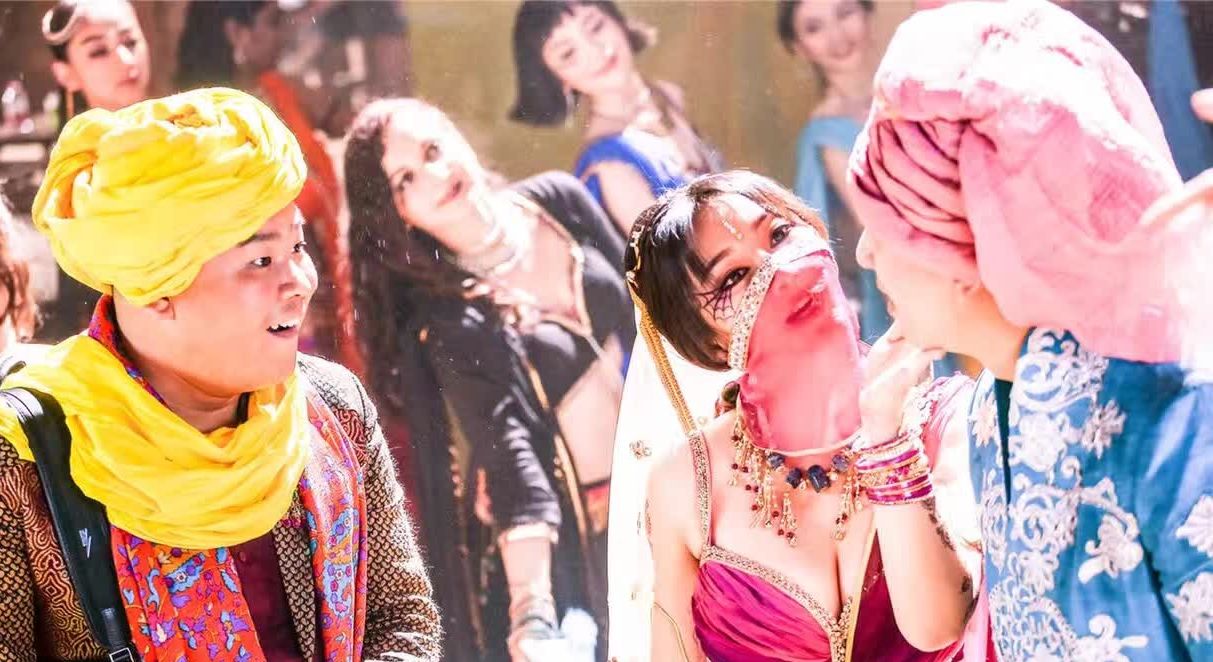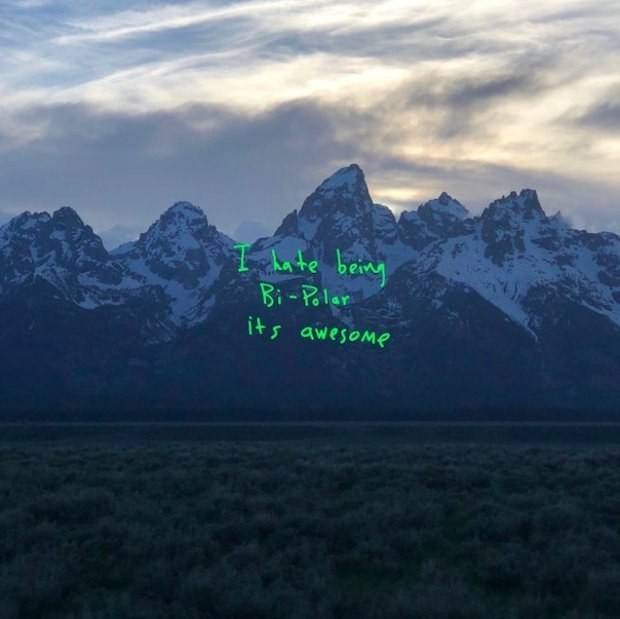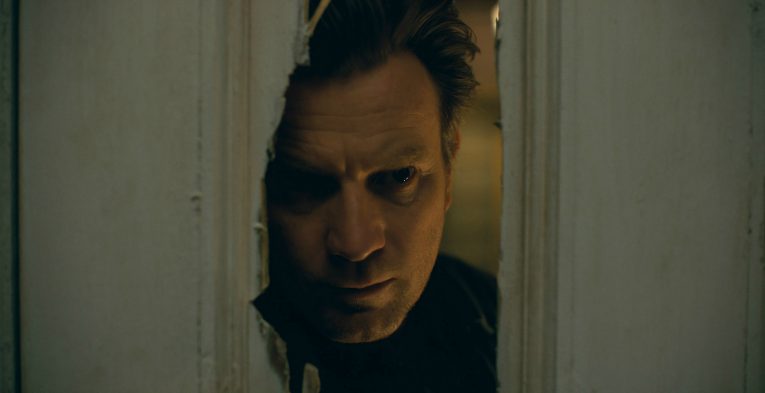I’ll be the first to admit that I’m not a connoisseur of Chinese cinema, but when you consider the growing force of Chinese culture on an international scale, it’s hard to argue that looking to their art and culture as a source of understanding is going to be vital and unavoidable in the years to come. You can even see it happening now with The Great Wall hitting American theaters and hiring an American lead as a test case for Chinese filmmaking to break into international markets. But while the Chinese film industry dips its toes into broad appeal, there are still films targeted at a domestic audience that sometimes trickle into American cinemas for a limited time. Enter Buddies In India, a film I saw on a whim and, quite frankly, had quite a bit of fun with.
If you are at all familiar with the classic Chinese folk tale Journey To The West, you already have a basic understanding of the plot structure. Wu Kong (Wang Baoqiang, also writing and directing) is the reincarnation of a monkey deity, living in China with a horde of baby monkeys which he fosters. A large corporation threatens to demolish his home for land development, but he can keep the house intact by accompanying Tang Sen (Bai Ke), the son of the company’s ailing CEO, on a journey to India to recover his father’s hidden will. Along the way, the duo will join forces with the bumbling Zhu Tianteng (Yue Yunpeng) and Wu Jing (Liu Yan) in order to thwart a couple of henchmen seeking to halt them on their journey, as well as their own bad luck.
Read more: Resident Evil: The Final Chapter leaves the franchise high and hopeful
Like a lot of popular Asian cinema, Buddies In India exists in a sort of heightened reality, ostensibly taking place in our reality, yet nobody bats an eye when someone shows up dressed as a superhero on a hovercraft, or when groups of people suddenly burst into choreographed song. Acting choices are broad for almost cartoonish emotional impact, and the film flips between comedy, action, and melodrama under the apparent philosophy that throwing in a bit of everything will make the film appealing to as many people as possible. Remarkably, this all kind of works, at least in a moment-to-moment sense—probably because the film doesn’t pretend to have a three-act structure; rather, each encounter is just a vignette that brings us closer to the ultimate destination, which is a structure Western audiences are already familiar with in serialized television. Here it is simply compressed, and it allows for less effort to be placed in the broad characterizations than the fun and energetic set pieces, like a wire-fighting dance in a harem of spear-wielding women or a chili pepper eating contest wherein Wu Kong lets his inner monkey loose.
This isn’t to say the film is without flaws. Far from it, in fact, the culture shock may just be a bit too severe for some American viewers to handle. Certain moments of visual reference and key story significance may be entirely lost on those unfamiliar with Journey To The West, like a seeming deus ex machina in the climactic final battle that only makes sense in the context of Chinese mythology. Furthermore, while individual set pieces are fun, the editing and pacing of the connective tissue between them can at times be too frenetic, so prepare for lots of jarring tonal shifts and not much investment in the characters as more than archetypical analogues to their mythic inspirations.
Overall, though, I had fun with Buddies In India. It’s nothing that will blow you away, but it may make you rethink exposing yourself to Chinese cinema if you can get on its wavelength. There are unique aesthetic and cultural forces at work that you just don’t see stateside all that often, so the cultural exposure alone is worth the price of admission. And who knows? Maybe we’ll see a lot more of this type of film in the coming years as China rises to prominence in the global entertainment marketplace.
https://www.youtube.com/watch?v=MikHsiKLxUs













